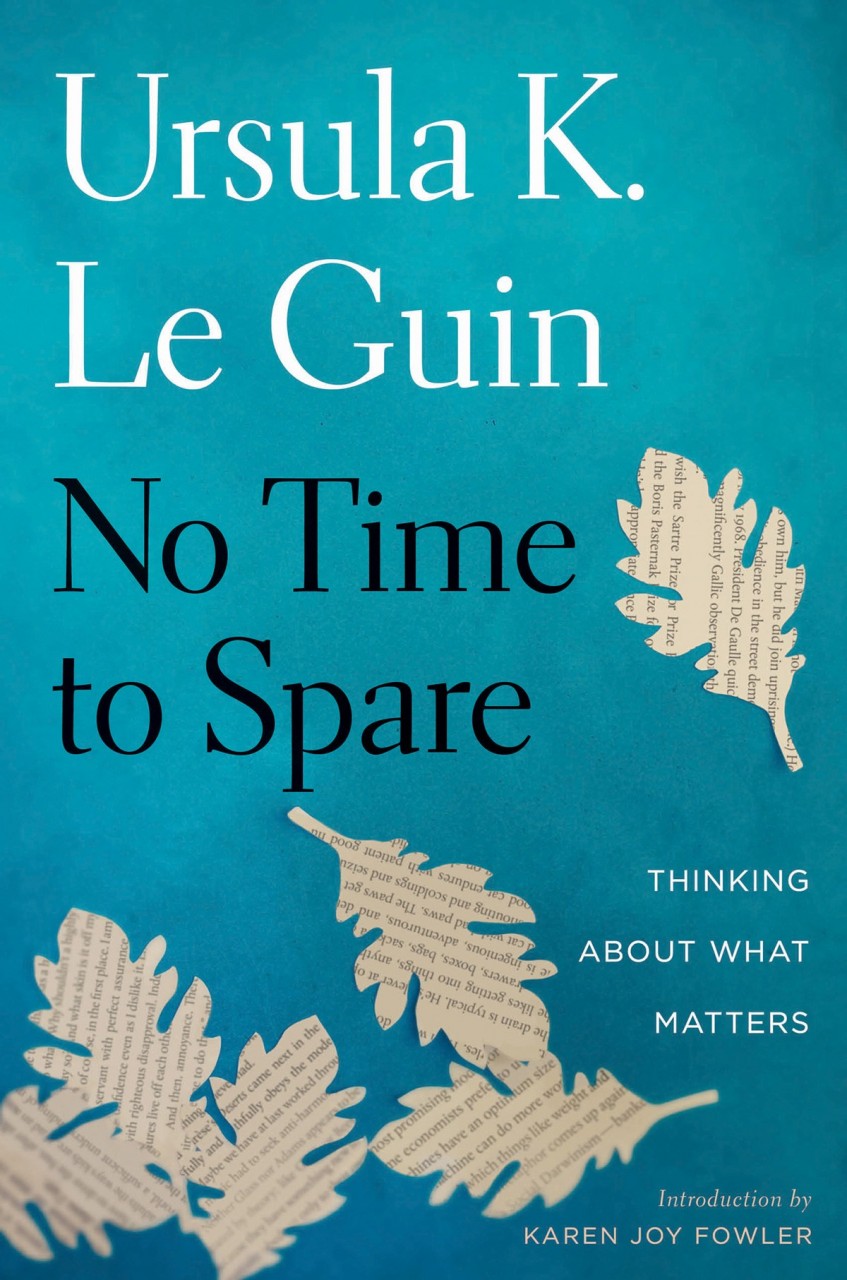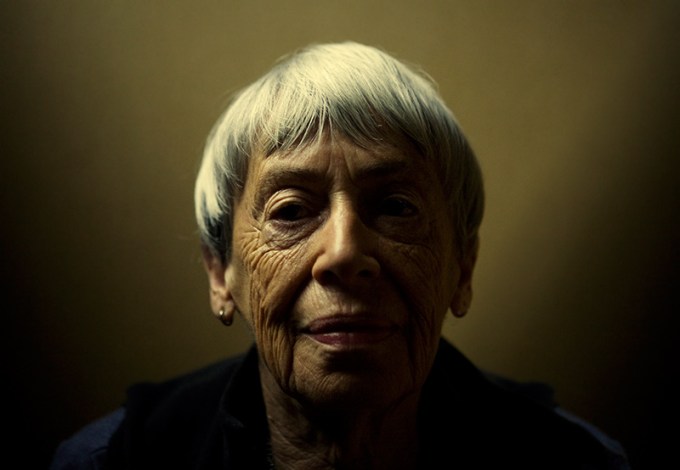
A fierce thinker and largehearted, beautiful writer who considered writing an act of falling in love, Le Guin left behind a vast, varied body of work and wisdom, stretching from her illuminations of the artist’s task and storytelling as an instrument of freedom to her advocacy for public libraries to her feminist translation of the Tao Te Ching and her classic unsexing of gender.
In her final years, Le Guin examined what makes life worth living in a splendid piece full of her wakeful, winkful wisdom, titled “In Your Spare Time” and included as the opening essay in No Time to Spare: Thinking About What Matters (public library) — the final nonfiction collection published in her lifetime, which also gave us Le Guin on the uses and misuses of anger.

Two decades after her nuanced meditation on growing older, Le Guin revisits the subject from another angle, perhaps the most perspectival angle there is — the question of how we measure the light of a life as it nears its sunset.
Like any great writer who finds her prompts in the most improbable of places, Le Guin springboards into the existential while answering a questionnaire mailed to the Harvard class of 1951 — alumni who, if living, would all be in their eighties. (What is it about eighty being such a catalyst for existential reflection? Henry Miller modeled it, Donald Hall followed, and Oliver Sacks set the gold standard.)Arrested by the implications of one particular question in the survey — “In your spare time, what do you do?” — and by its menu of twenty-seven options, including golf, shopping, and bridge, Le Guin pauses over the seventh offering on the list: “Creative activities (paint, write, photograph, etc.).” She considers this disquieting valuation of creative work in a capitalist society where the practical is the primary currency of existential worth:
Here I stopped reading and sat and thought for quite a while.
The key words are spare time. What do they mean?
To a working person — supermarket checker, lawyer, highway crewman, housewife, cellist, computer repairer, teacher, waitress — spare time is the time not spent at your job or at otherwise keeping yourself alive, cooking, keeping clean, getting the car fixed, getting the kids to school.
To people in the midst of life, spare time is free time, and valued as such.But to people in their eighties? What do retired people have but “spare” time?
I am not exactly retired, because I never had a job to retire from. I still work, though not as hard as I did. I have always been and am…
The post Ursula K. Le Guin on “Spare Time,” What It Means to Be a Working Artist, and the Vital Difference Between Being Busy with Doing and Being Occupied with Living appeared first on FeedBox.